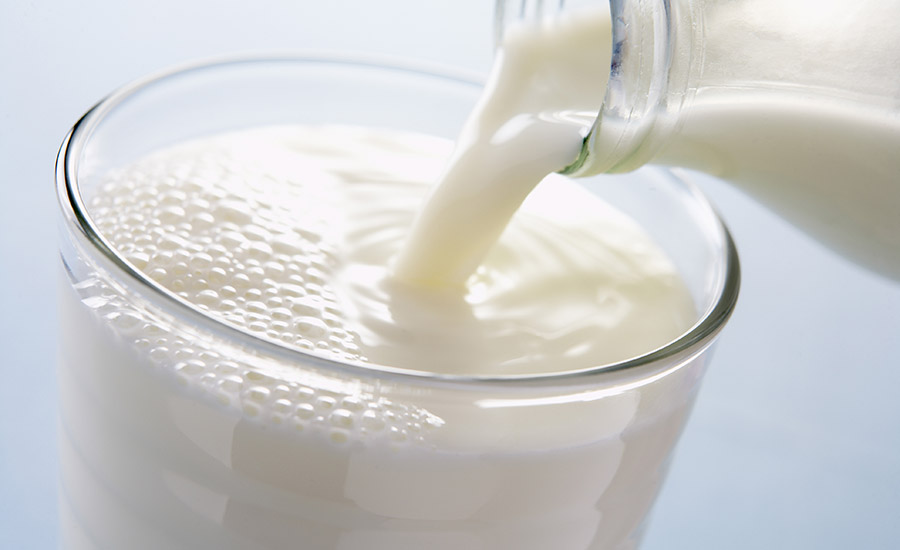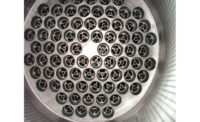The dairy industry in the United States has a long history of producing a safe, wholesome, and convenient beverage for consumers. This enviable record is the result of the industry's ability to adapt its processing, packaging, and handling of this complex product to meet food safety requirements and consumer needs.
Milk is a complex biological fluid. It possesses many functional properties and characteristics; but it is milk's flavor and nutritional value that sets it apart from other beverages.
Unfortunately, the same biological attributes that set milk apart from other beverages also make it an excellent media for microbiological growth. This microbiological growth can be in the form of spoilage bacteria and pathogens. It is through proper heat treatment, or pasteurization that these organisms are destroyed.
In 1864 Louis Pasteur discovered that bacteria could be destroyed by heat. It soon became common practice to pasteurize milk in vats as the benefits of safe, and longer shelf-life milk were recognized.
High temperature short time
In the 1930's, the High Temperature Short Time (HTST) system of pasteurizing milk was perfected. Soon the standard of pasteurizing milk through an HTST became industry norm.
The parameters for pasteurization in the United States fall under The Pasteurized Milk Ordinance (PMO), a cooperative effort of industry and state regulatory agencies in conjunction with the Food and Drug Administration. For white fluid milk the time-temperature relationship for HTST processed milk is a minimum of 161
Ultra pasteurized
In recent years, new technology has been developed that increases the shelf life of fluid dairy products. Studies have shown that pasteurizing milk at Higher Heat Shorter Time (HHST) ratios [also referred to as Ultra-Pasteurized (UP) or Extended Shelf Life (ESL)] will provide a safe product while increasing the shelf life of milk to 50 days or more.
A second parameter has been added to the PMO for the pasteurization of milk as Ultra-Pasteurized (UP) milk. The time/temperature requirement for UP milk is at least 280.



